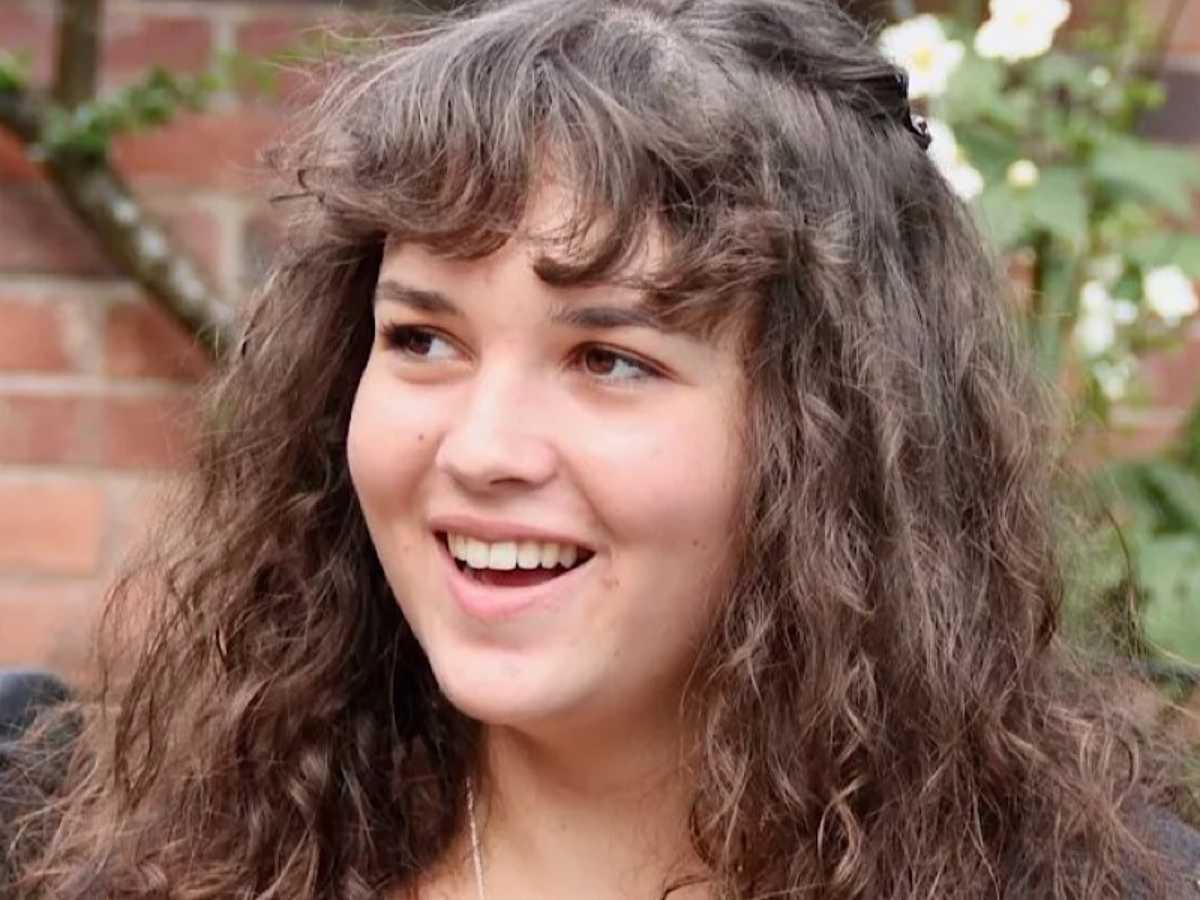Monday 22 July was the start of an inquest into the death of a young woman with myalgic encephalomyelitis (ME/CFS). As written in MEpedia, Maeve Boothby O’Neill:
was a young British woman who died from very severe ME on October 3, 2021, aged just 27 years old.[1][2] Maeve Boothby O’Neill was a promising writer, a natural scholar and talented at languages. She was diagnosed after 4 years of unrecognised illness, shortly before her 18th birthday. She was writing The Alchemists, the first of a series of novels, set on Dartmoor where she grew up in Devon, England, when she died.
Maeve’s mother Sarah Boothby and father Sean O’Neill, who is a journalist for the Times, have been publicly trying to raise awareness of their daughter’s death along with the appalling treatment of ME patients. But we have already learned from the inquest just how little doctors know about ME and how little they can do to help patients.
What REALLY is ME/CFS?
ME/CFS is a debilitating chronic illness that in its most severe form can cause symptoms that are worse than some late stage cancers and sometimes death in patients living with the condition. It is defined by the hallmark symptom of post-exertional malaise (PEM), which is often disregarded/misrepresented as fatigue. According to the NHS website:
Myalgic encephalomyelitis, also called chronic fatigue syndrome or ME/CFS, is a long-term condition that can affect different parts of the body. The most common symptom is extreme tiredness. The cause of ME/CFS is unknown.
ME/CFS can affect anyone, including children.
Of course, “extreme tiredness” downplays just how bad ME is. Also known as ‘Yuppie Flu’ in the 1980s, this condition has a long history of being dismissed or even psychologised by doctors – even though it has killed people, including Maeve.
Similar to long Covid, many patients remember their symptoms beginning after catching a virus, leading many to believe that this is a post-viral illness or condition. Unfortunately many patients also discover that the only support offered to them by the NHS is cognitive behavioural therapy (CBT) which is again viewed as a dismissal of patients – effectively blaming them for their own symptoms.
The irony of this condition is that many patients find themselves living with post-traumatic stress disorder (PTSD) as a result of the years they often face being dismissed by various health professionals just to have their condition taking seriously.
Many of these patients also live with other conditions like postural orthostatic tachycardia syndrome (POTS), gastroparesis, and dumping syndrome which also very rarely get diagnosed properly.
From PACE to PTSD with ME/CFS
The extent of some ME/CFS patients’ symptoms are quite shocking – yet medical professionals seem surprised, even unable to cope, when they have to face the reality of the illness.
As a person diagnosed with ME, I remember going to an appointment with my partner, explaining my situation to a GP – and they literally broke down in tears in front of us; disgusted at the state of both the NHS and how people with these conditions and chronic illness are treated, feeling helpless.
During today’s opening day of Maeve Boothby O’Neill’s inquest we also learned that her GP has developed PTSD as a direct result of Maeve’s deteriorating condition, her death, and its aftermath.
This speaks volumes on firstly how little current doctors and GPs understand ME, and secondly how little support they can offer, if they can offer any at all – effectively leaving patients with psychologisation as a treatment.
As many patients know, this treatment approach unfortunately has links to a part-DWP funded clinical trial.
It’s not just ME
Whilst this inquest is taking place, there are also currently three other women with severe/very severe ME, that the Canary is aware of, who the NHS is treating in a worryingly similar way to Maeve.
We have recently reported on #BringMillieHome, #SaveCarlasLife, and Karen Gordon. All of these women have again faced neglect and mistreatment, and are desperate for support.
But these are just the ones we know about via social media. There are so many more people suffering in silence. There are an estimated 250,000 people living with ME in the UK – which is likely a huge underestimate. So what, if anything, is actually being done to support these women and the thousands of other adults and children that have been diagnoses of ME?
Can anyone help ME?
In 2023 campaign group the Chronic Collaboration along with many other ME/CFS patients, groups, and allies successfully (both online and directly outside) forced NICE to remove graded exercise therapy (GET) from its ME guidelines. This treatment had for many years caused patients extreme harm, making their symptoms worse and often irreparable.
Along with Maeve’s inquest this week and a new Labour government, the Canary has heard that John McDonnell MP will be asking a question in parliament regarding ME, which we will be reporting on.
It’s not the first time ME has been mentioned in parliament – most recently with a Westminster Hall debate. Former SNP MP Carol Monaghan stated that ME and the treatment of patients with it was the potentially the ‘biggest medical scandal of the 21st century’.
But thankfully the voices fighting for this chronic condition are getting louder. So, it will only be a matter of time before they will have to be listened to.
Featured image via the Canary




